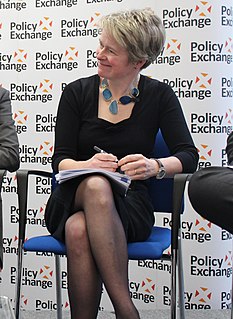A Quote by Sean Parker
Spotify is returning a huge amount of money. We'll overtake iTunes in terms of what we bring to the record industry in under two years.
Related Quotes
There's definitely some sort of dissent brewing between record labels, publishing companies and artists [about the compensation they get from streaming services] Spotify is returning a HUGE amount of money [to the record labels]. If we continue growing at our current rate in terms of subscriptions and downloads, we'll overtake iTunes in terms of contributions to the recorded music business in under two years.
I had a period after touring the first record where I didn't agree with the way things worked in the music industry as far as how you release music, demand, the pace of everything. You don't know who's talking to you. Who's Spotify? Who's iTunes? Who are all those bloggers? Who says I have to do this? Why do you have to do all this press? Why do I have to do so many shows? Why do I have to do a regular album right now? I don't understand it.
In theory, when you're working with a record label, you're just borrowing their money. And that's basically how the record industry works, right? It's like, you borrow $100,000 from a record label, so you don't make any money until you make back that money for them. In theory, they have you held hostage, so you've got to do every little stupid thing that they want you to do.

































